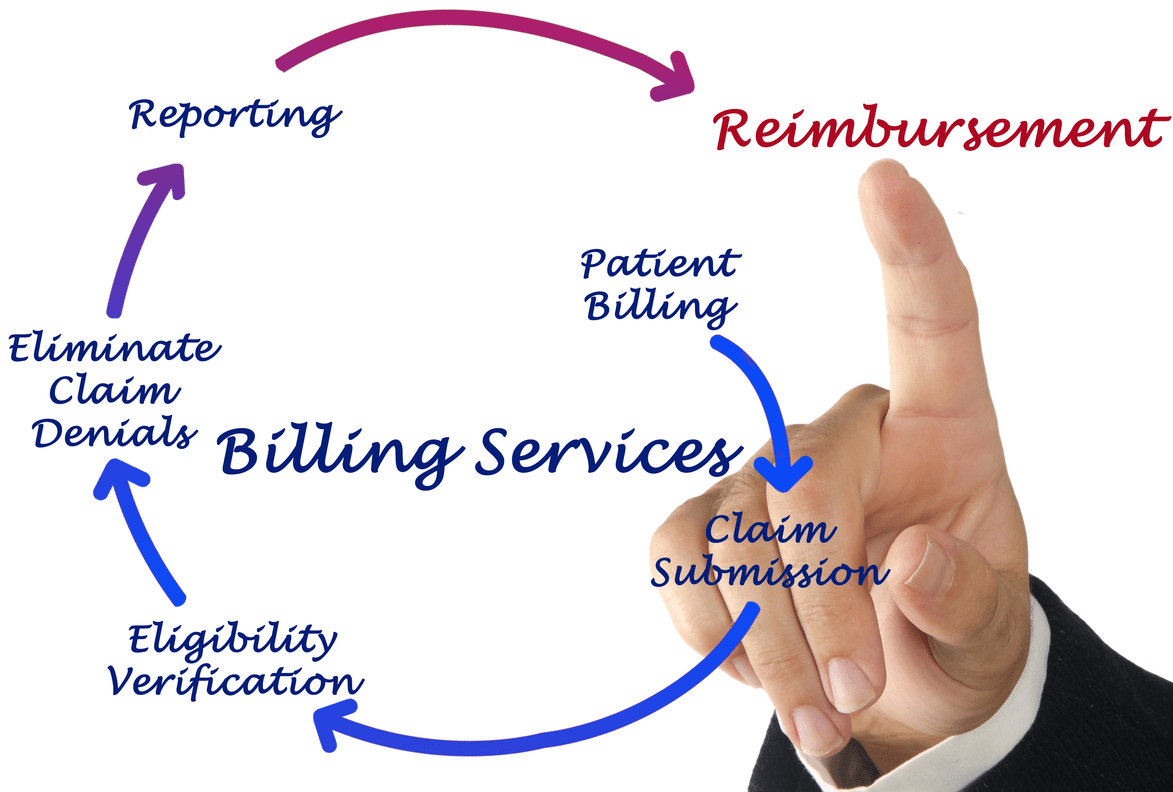Content Attributes
A cloud agnostic platform enables you to spread your operations across various cloud vendors. This means various vendors will serve your cloud processes’ needs simultaneously. Are you a manager wondering whether cloud agnostic is right for your operations? This article will help you decide this by discussing the advantages and disadvantages of a cloud agnostic platform.
The Following are the Associated Pros:

Increased Flexibility
Flexibility is key in the running of any business operation. You want to be in a position where you can adjust your processes accordingly for maximum efficiency. Flexibility isn’t something you can easily attain when you rely on only one cloud provider. You have no choice but to work with what you have.
However, a cloud agnostic platform allows you to be flexible. Flexibility is highly beneficial because different business needs require varying attention. With agnostic solutions, you can decide what vendor serves what business needs efficiently. Additionally, this allocation isn’t rigid. If a need arises, you can alter the allocations accordingly.
Risk Diversification
A cloud agnostic platform enables you to spread your operations across various cloud providers. Should there be a crisis with any of them, you won’t suffer a total loss. Only a fraction of your operations will be affected. The same can’t be said if you rely on only one cloud system.
A risk or a loss will affect all your operations, which might be challenging to recover, putting your business at risk. Cloud agnostic eliminates the notion of putting all your eggs in one basket.
No Vendor Lock-In
Vendor lock-in is a situation whereby as a business, you’re left with no choice but to seek the services of only a given provider. This is even though you might not be satisfied with the vendor’s services.
It’s highly problematic to find yourself in a vendor lock-in situation because a cloud provider might take advantage and change prices as they wish. Should the quality of their services deteriorate, you also have no option but to stick around.
As a business, you might be forced to stick to a certain vendor because the process of cloud migration can be expensive. You might also be in a contract with the vendor that specifies the minimum period within which you can seek their services.
You’ll often find yourself in a vendor lock-in situation if you utilize a single cloud vendor. Meanwhile, with cloud agnostic, you have many vendors to rely on. If one fails you, you can move your data easily without worrying about the cost impact.
Here are the cons of using a cloud agnostic platform:
High Initial Costs
When you utilize one vendor to meet your business needs, you won’t require much upfront costs. You’ll only be making payments to one cloud provider.
However, you have to seek various cloud providers with cloud agnostic platforms. All these providers have varying prices and will increase your initial cost. This aspect makes cloud agnostic platforms costly to acquire for your business.
Minimal Resource Utilization
As mentioned, a cloud agnostic platform allows you to spread your cloud operations across various providers. Although this is advantageous, it has some demerits to it. How? You’ll only be using a fraction of the resources a given provider offers rather than all of them. This might affect your return on investment when you’re paying more money for fewer services.
To gain a maximum return on any investment you make, you should utilize all the resources a provider offers to the fullest.
Difficulty In Managing Security
With a cloud agnostic tool, you’re working with various providers to meet your business needs. All these vendors have different security procedures and systems in place. The varying security measures might be challenging to keep up with and monitor, considering each provider might say their security measures are the best. This might prove difficult for your IT team to keep and perform the various security configurations.
The same can’t be said when you utilize one cloud provider. Your IT team can easily monitor your security by adopting similar security measures. It also makes it easier to make changes where no security protocol affects others. There’s harmony, which provides better security for your business operations.
Conclusion
Cloud agnostic platforms are essential for the running of business operations. However, you shouldn’t decide to switch to one without the proper information.
Another major step you need to take to finalize your decision-making is to assess your business and its needs. Cloud agnostic platforms might be viable for one organization but may not be in another, hence the need to assess your processes. By doing this and using the information in this article, you’ll be on the right path to making an informed decision.



